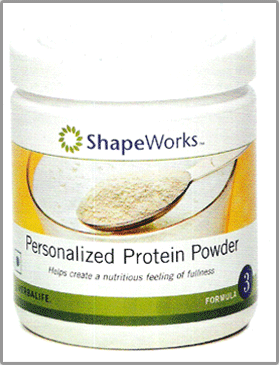Obesity Linked to Processed Foods: What Avoid in Your Diet
1. Sugary Drinks:
Sugary beverages like soda, fruit juices, sports drinks, and energy drinks are loaded with added sugars and empty calories. Consuming these drinks regularly can lead to weight gain and obesity.
2. Packaged Snacks:
Many packaged snacks, such as chips, crackers, pretzels, and cookies, are often high in saturated fats, refined carbohydrates, and sodium. They provide little nutritional value and can contribute to weight gain.
3. Processed Meats:
Processed meats, including bacon, sausage, hot dogs, and deli meats, are often high in saturated fat, cholesterol, and sodium. Excessive consumption of these meats has been linked to obesity and an increased risk of heart disease.
4. Deep-Fried Foods:
Deep-fried foods like French fries, fried chicken, and onion rings are high in unhealthy fats and calories. They contribute to weight gain and increase the risk of obesity.
5. Frozen Foods (High in Sodium and Fats):
Some frozen meals, especially pizza, lasagna, burritos, and ready-to-heat entrees, can be high in sodium, saturated fat, and refined carbohydrates. These factors can contribute to obesity.
6. Artificial Sweeteners:
While artificial sweeteners are low in calories, they can disrupt the body's ability to regulate appetite, leading to increased food consumption and weight gain.
7. Refined Carbohydrates:
Refined carbohydrates, such as white bread, white rice, sugary cereals, and pastries, are rapidly broken down, causing spikes in blood sugar levels. This can lead to overeating and weight gain.
8. Processed Cheese:
Processed cheese products, such as American cheese and cheese spreads, are often high in saturated fat and salt, contributing to weight gain and increased health risks.
9. Pre-packaged Sauces and Dressings:
Many commercial salad dressings, condiments, and sauces are high in added sugars, sodium, and unhealthy fats, which can sabotage weight loss efforts.
10. Candy and High-Sugar Desserts:
Excessive consumption of candy, sugary desserts, and sweet snacks provides little nutritional value and contributes to weight gain.
11. Artificial Flavors and Colors:
Artificial flavors and colors often added to processed foods lack nutritional value and may be associated with increased food cravings and weight gain.
12. Low-Fat or Non-Fat Products:
While these products may seem healthier, they often compensate for the reduced fat content by adding more sugar or unhealthy fillers, leading to weight gain.
13. Flavored Yogurt:
Flavored yogurts often contain added sugars and artificial ingredients that contribute to weight gain. Opt for plain yogurt and add fresh fruits for natural sweetness.
14. Sugary Breakfast Cereals:
Many commercial breakfast cereals are loaded with added sugars, lacking essential nutrients. Choose whole grain, low-sugar cereals or healthier alternatives like oatmeal or Greek yogurt.
15. High-Sugar Sports Drinks:
While sports drinks can be beneficial during intense exercise, excessive consumption of these sugary beverages can lead to weight gain. Water is the best choice for hydration.
Remember that a balanced diet rich in whole, unprocessed foods like fruits, vegetables, whole grains, lean protein, and healthy fats is crucial for maintaining a healthy weight and preventing obesity. Limiting the intake of processed foods and making healthier food choices can significantly reduce the risk of obesity and improve overall health and well-being.
-
Sugar Overload?
QuestionThanks, Laura, this helps, but what if I just accidentall
-
Loosing fat with a fast metabolism
QuestionI have a very fast metabolism. I was tested at Jenn
-
Stomach fat
Questioni am looking for the quickest way to burn stomach fat and
-
Hi from San Francisco
QuestionHello My name is Sha. I am a graduate student from Acade
-
protein in raw/cooked chicken
QuestionI would like to know how many grams of protein you get pe
-
Foods With Iron It It
QuestionIs there anything besides spinach. I cant eat spinach. So



